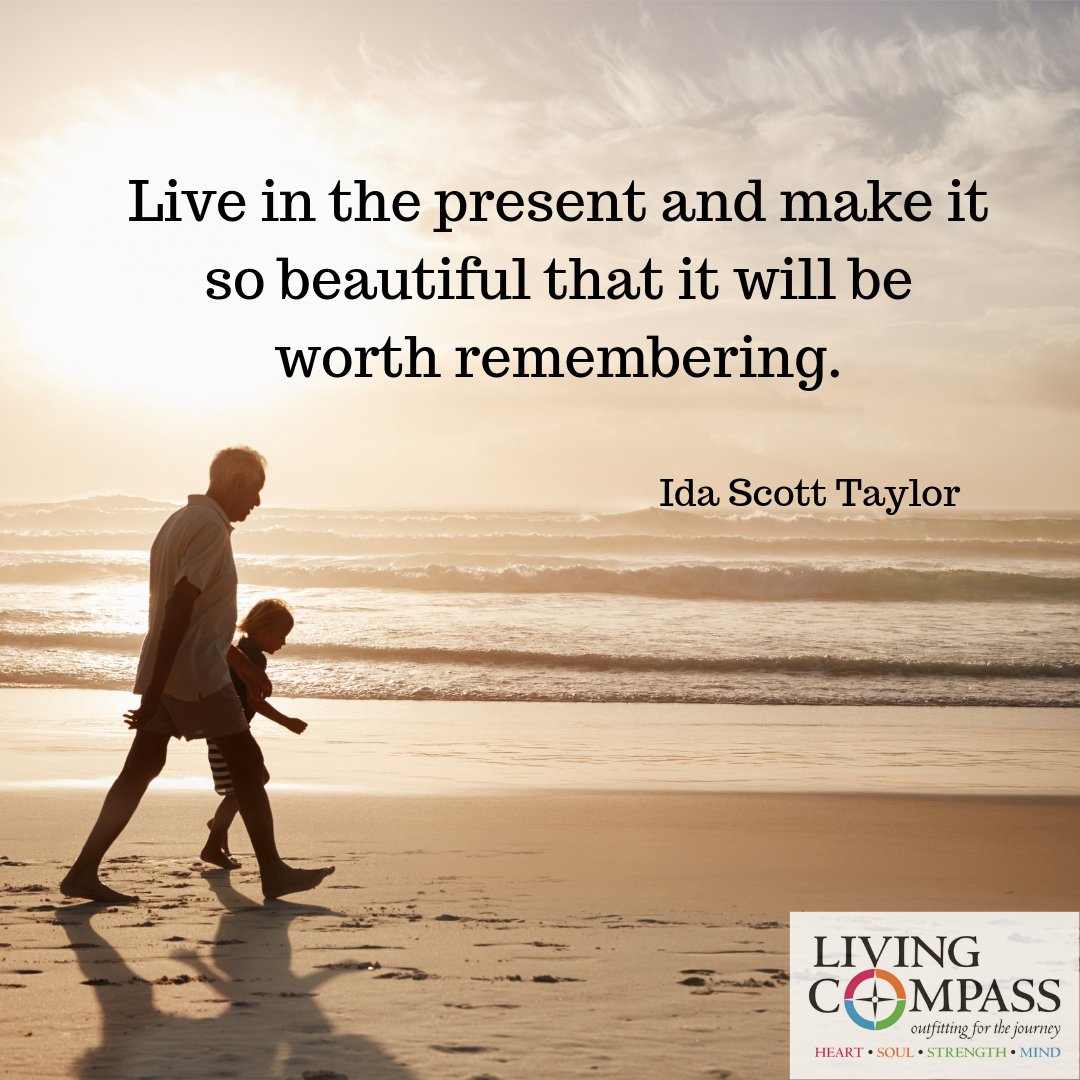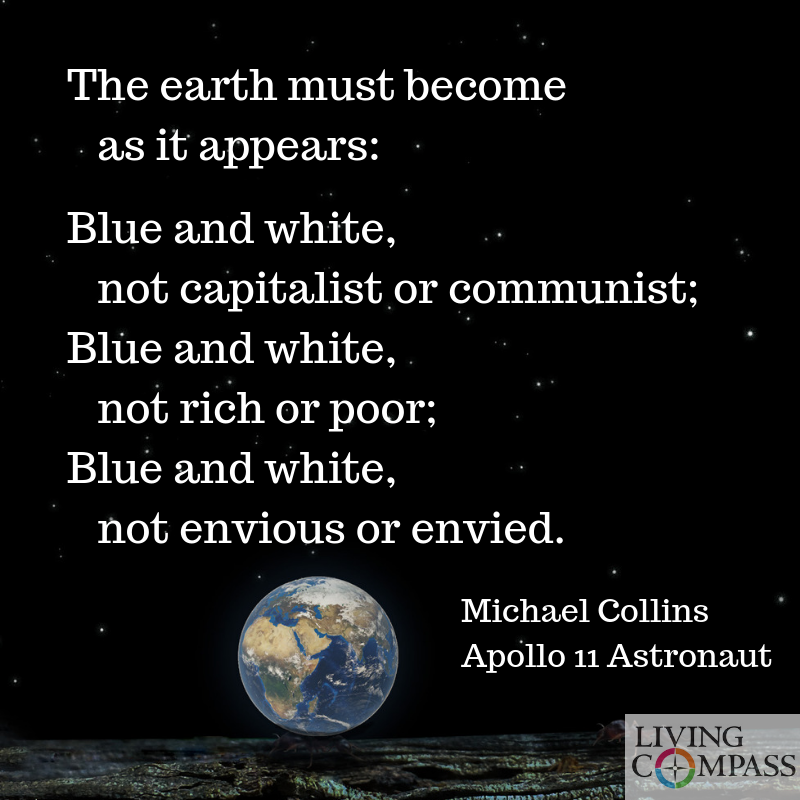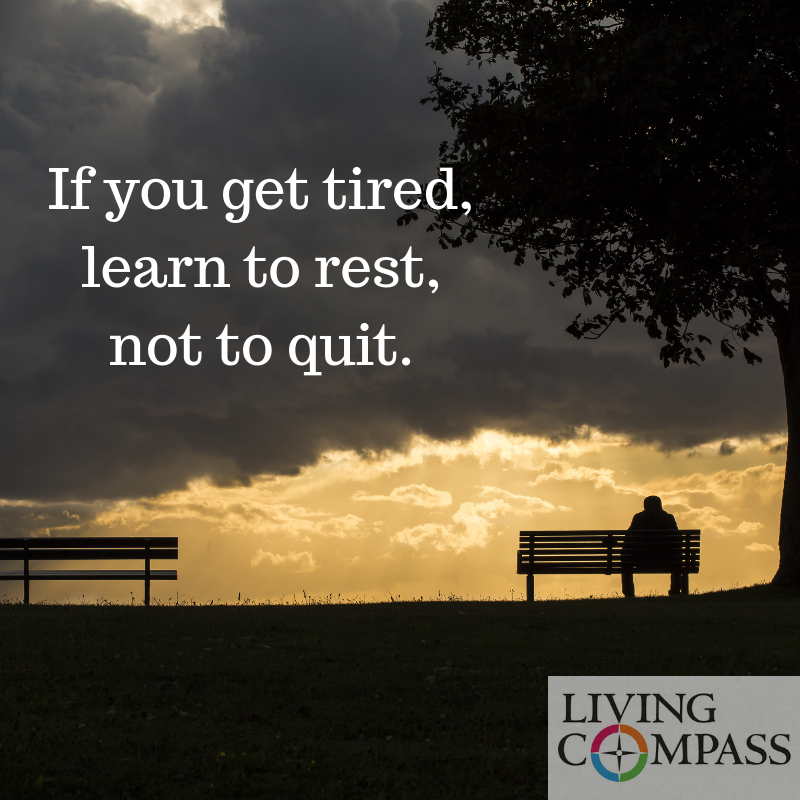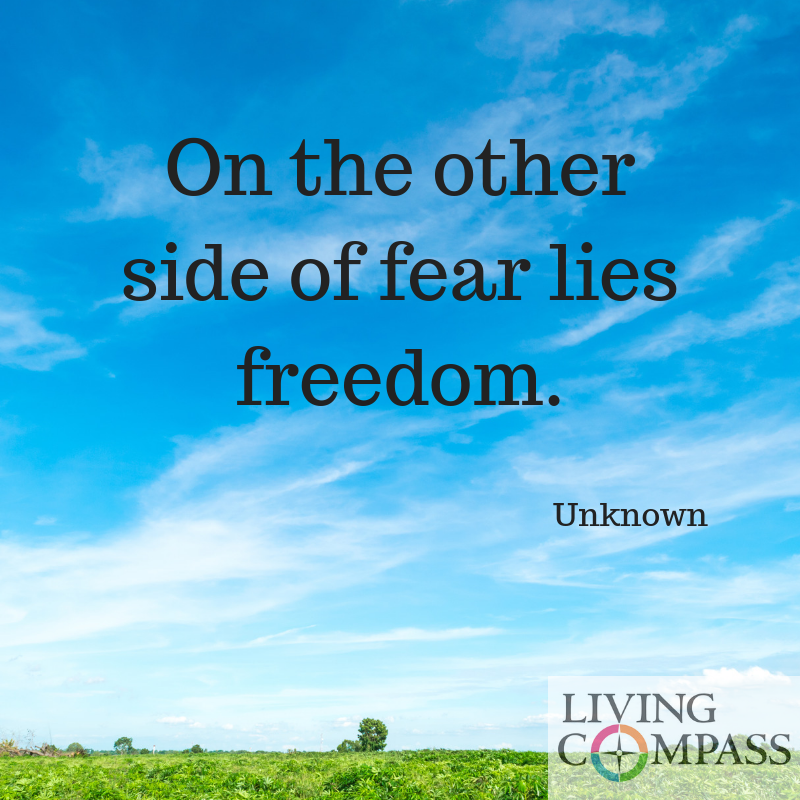There Is No Time Like The Present
A core principle of centering practices, including mindfulness, meditation, and centering prayer, is focusing on the present moment. Concentrating on one’s breath, or a centering word is often helpful to keep one’s mind from wandering.
I have had a mindfulness/centering prayer practice for many years, but in all honesty, it’s a challenge. Sometimes I am very disciplined in practicing daily, and sometimes not. And I always struggle with my attention getting hijacked by a myriad of thoughts and concerns.
This summer, I have had the good fortune of spending some extended time with two of the most exceptional mindfulness teachers I have ever known. To be in their presence is to experience what it is like to be singularly focused on the present moment, free from all worries about the past or future. These two teachers are my five and three-year-old grandsons, and when I am with them, I am aware of the Zen saying, “When the student is ready, the teacher will appear.” I am grateful to have two such fun-loving, adorable teachers.
Here is an example of what I am learning from them. The other day I played a board game with the five-year-old for over an hour. All he did for that entire time was play the game. I played the game the same amount of time, but here is a partial list of what I was doing during that same time: playing the game, worrying about a friend who is ill, thinking about five emails I needed to send and several more I needed to answer, rehashing a conversation I had with someone a few days earlier, and making a to-do list of various tasks I needed to complete later that day.
When young children play a game, they are completely invested in that present moment. That’s how they approach every activity actually. Young children are so fully present in what they are doing that it is often hard for them to transition when an activity needs to end. Adults, on the other hand, seem to have the opposite problem—we are so good at multi-tasking and bouncing from one thing to another, that we have difficulty being fully focused on doing just one thing.
I am now intentionally working on being less distracted and more fully present with my grandsons. With the help of my young teachers, I am making progress. I have also committed myself to extending my practice of being more fully present in my interactions with adults, too.
You might want to give this a try yourself. irst, notice how able you are to be fully present and free of distractions when you are with others. Without telling anyone, simply make the intention to be singularly focussed with others and see what difference you (and maybe even they) notice.
And if you think you might benefit from spending time with a wise meditation teacher, I hope there is a young child in your life that you will commit to spending some time with soon.
Subscribe Now to Weekly Words of Wellness:
Click the button below to signup for the e-mail version of Weekly Words of Wellness. This weekly article can be shared with your community electronically and/or used for group discussion.
You can unsubscribe at any time.




